As Progress Stalls on Roofies Investigation, Students Question College Response
Definitive evidence of roofies on campus has yet to be found. Nonetheless, the potential presence of date rape drugs continues to loom on students’ minds and have prompted broader concerns over the administration’s response to reports of sexual misconduct on campus.
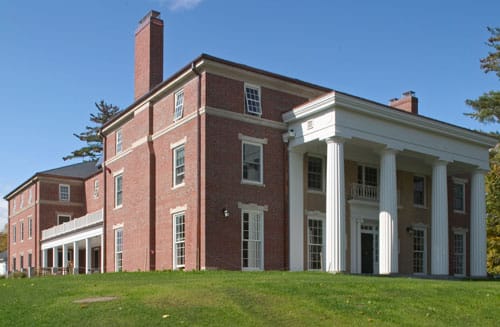
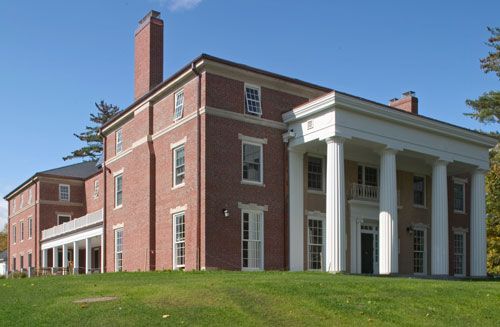
With just over two weeks since rumors of roofying at campus parties started circulating at Amherst and even less time since the Amherst College Police Department (ACPD) officially announced the launch of its investigation, developments in conclusive evidence remain scarce. Still, the presence of date rape drugs on campus continues to loom on students’ minds, some of whom question, in general, the administration’s response to issues of sexual misconduct on campus.
The second and only follow-up update on ACPD’s investigation after its initial Sept. 23 email was an alert of possible amphetamine drugs found in alcoholic drinks in a cooler labeled “Barrel of Fun,” found in Hitchcock Dormitory. The discovery included two other drink coolers, both of which were tested for substances but did not show up positive for signs of drugs.
With the student activism at UMass responding to their campus’s reports of date rape drug-related sexual assault, rumblings have begun to spread at Amherst that the roofies may have been connected to UMass visitors.
Chief of Police John Carter notes that as far as the department’s investigation goes, “There currently is no indication that University of Massachusetts students have been involved or even have been present at the locations where the reported medical emergencies originated.”
With no other developments in the ongoing investigation, some students have been left with concerns of how the college has approached reports of sexual safety hazards and sexual misconduct at large.
After hearing about the reports of roofying, an anonymous source, hereinafter referred to as Student B, drew parallels to their own experience with sexual harassment and assault at Amherst.
“I read The Amherst Student and one thing that really struck me was how Student Affairs wanted to speak with Student A to address her alleged violation of the Student Code of Conduct by engaging in underaged drinking,” said Student B. Student B was not alone in feeling put off by this response from the Office of Student Affairs (OSA).
Discussion in the campus-wide GroupMe echoed Student B’s unease with this response. Some mentioned that the threat of retaliation from OSA for transgressions like underaged drinking could discourage students from coming forward to report.
With respect to these concerns, Senior Associate Dean of Students Dean Gendron told The Student in an email sent Sept. 27, “Because of the unique circumstances of the current investigation, the College is extending amnesty to anyone who provides information, regardless of whether the circumstances would otherwise qualify for amnesty...”
On this, Carter also noted, “The criminal process does not absolve one of responsibility under the Student Code of Conduct, and ACPD will provide information to the Office of Student Affairs to support that process.”
Members in the campus-wide GroupMe further commented on how the administration’s focus on underaged drinking rather than the potential drugging spoke to a general lack of urgency from the college.
The sense of administrative dismissal toward Student A’s report particularly resonated with Student B. “Student A had to be proactive about it and sort of had to pursue it on their own terms, it didn’t seem like there was any feeling of urgency from the college or from ACPD to address [Student A’s experience] themselves,” Student B said.
In Student B’s experience, once they had filed a report with ACPD, they found themselves in a cycle of having to defend and manage their own case in order to find tangible recourse.
Their ACPD report was sent to the Title IX Office — ACPD is a mandatory reporter — which Student B was not aware would happen. “I really wish I had known that beforehand since that might have changed how I approached it.” Once the report reached Title IX, Student B met with Gendron.
“I met with Dean Gendron and, at first, I thought he was handling it well, but then I kind of realized that the language he was using to describe it was a little off. He started off basically saying, ‘I want to support and I really like all the students on this campus, so I definitely want to support you, but I also really want to support the perpetrator as well,’” said Student B. They also recalled Gendron suggesting that the unwanted sexual advances by the perpetrator may have just been a sign of romantic interest.
Student B continued, “I was increasingly getting the impression by that point, that what Amherst College, at least what the administration would do, would be very much limited to whatever I could advocate for them to do and I would have to really be managing my own case, which isn’t really that great in such a complicated situation where I’m in the middle of it.”
Further, Student B felt that the college was doing its best to treat the report as a “conflict between students” rather than a serious legal violation, worsened by the fact that at the time of the sexual harassment, Student B was a minor. “I think that they didn’t really investigate it to determine what to do from a more proactive, prosecutorial stance,” said Student B.
Student B was ultimately able to obtain recourse against their perpetrator and to protect themselves but said, “I would have rather it be that I can send [the administration] the information and they’re going to get it figured out without me needing to actively be politicking and figuring out exactly what I need to do in order to get them to do anything.”
While concerns of how topics of sexual misconduct are handled at the college are accountable to the college administration, Student B also acknowledged the role of students in creating an authentic culture of sexual respect and safety: “I think that students are way more reluctant than they should be to take that active bystander role.”
Regarding the roofies, Student B reflected, “There’s other students that might have seen stuff that they thought was suspicious but for whatever reason they’re not reporting it. For me, there were multiple witnesses to pretty much all of it. Not one of them really stepped up.”


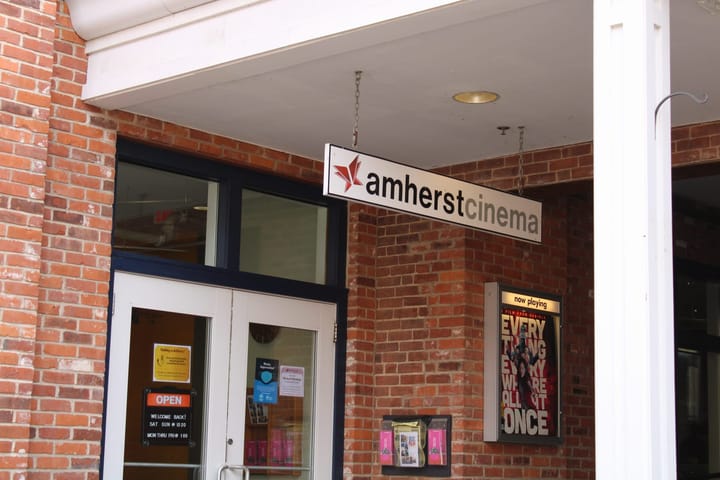
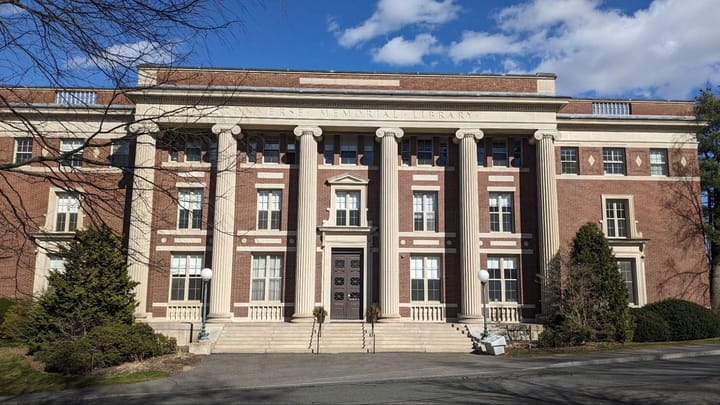
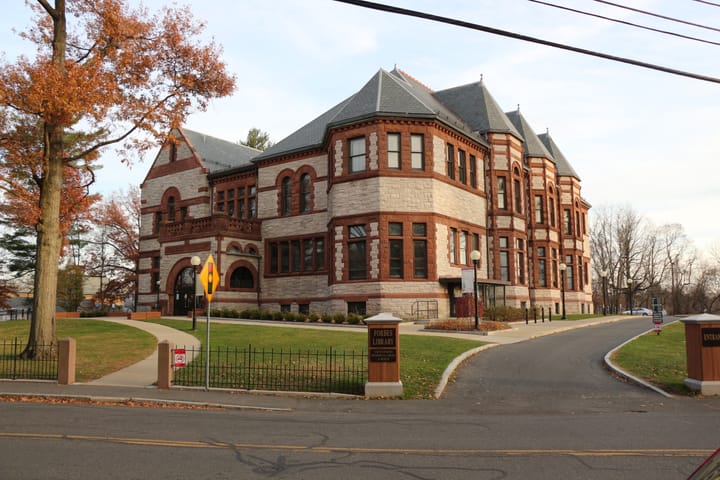
Comments ()